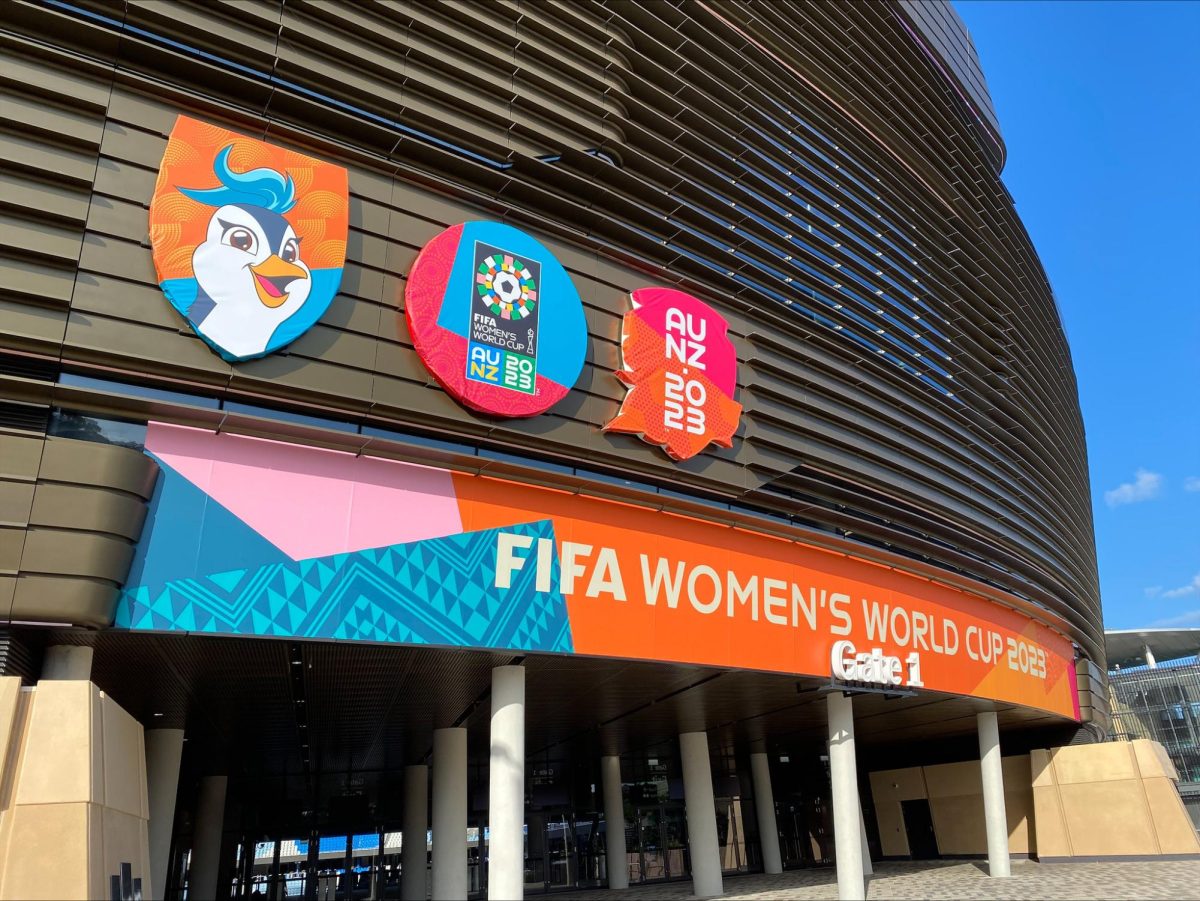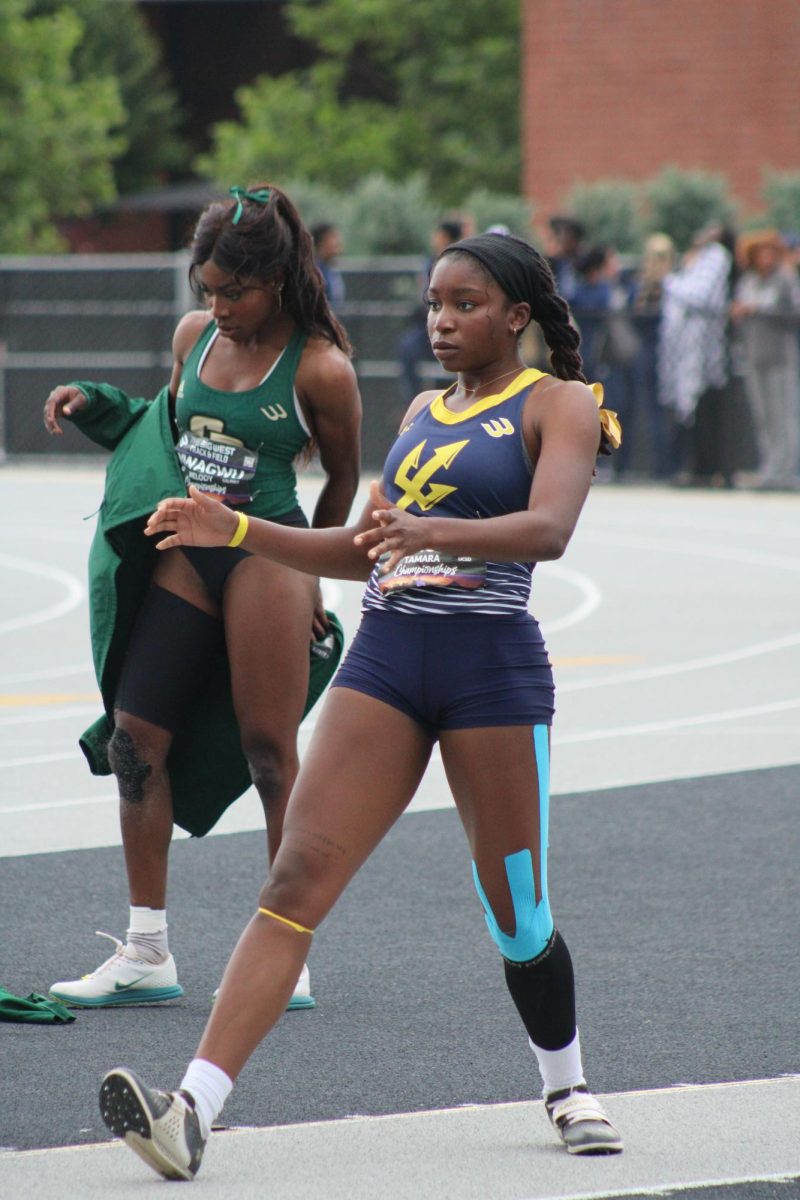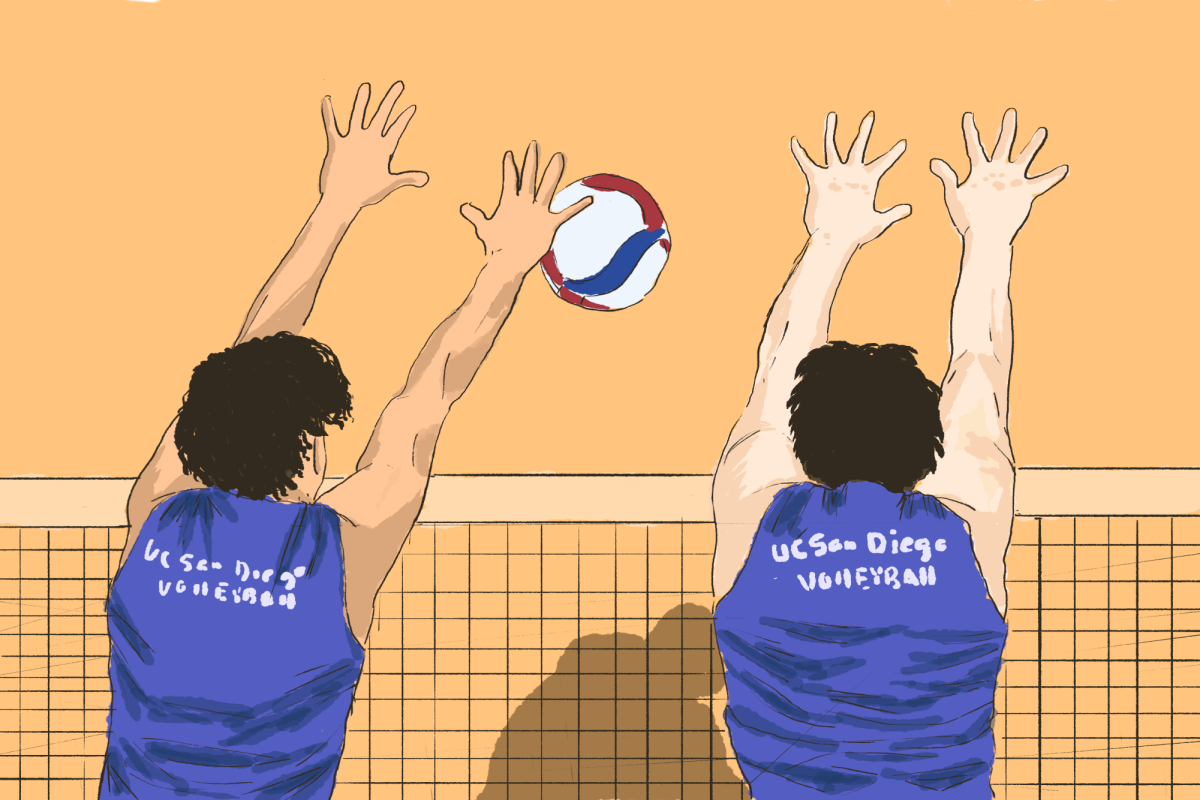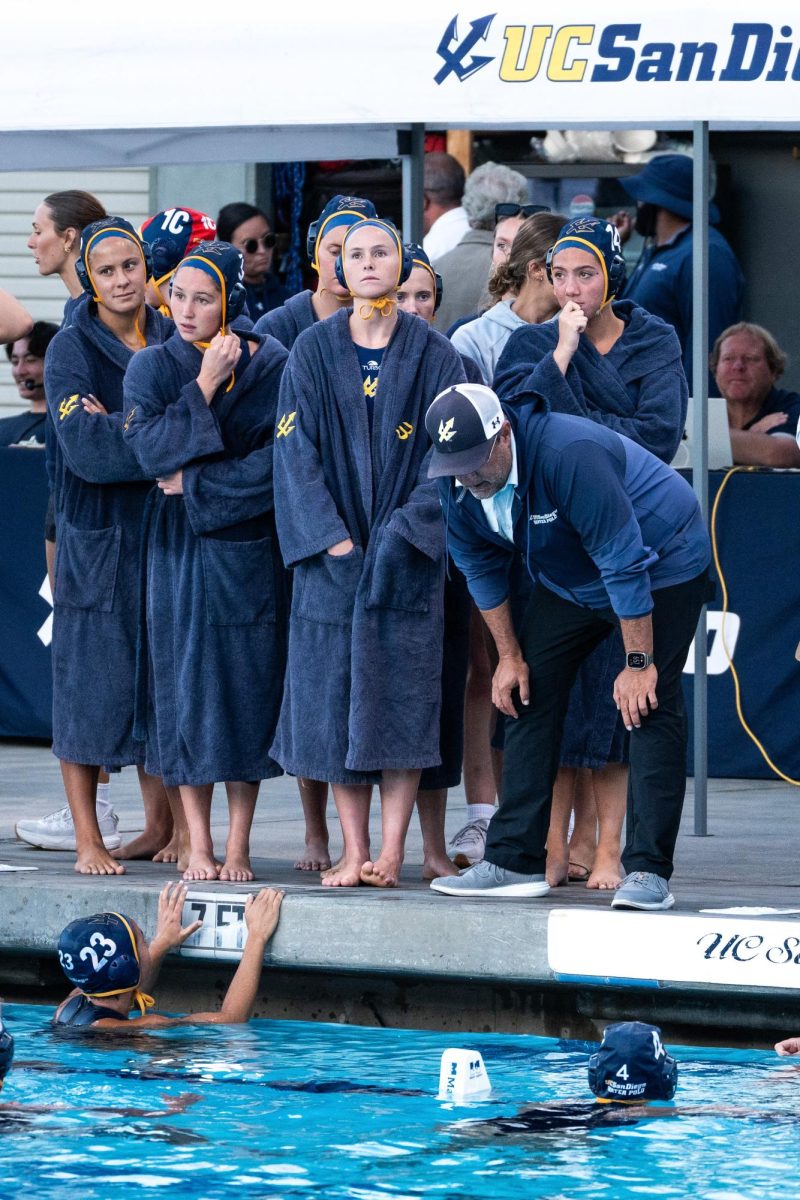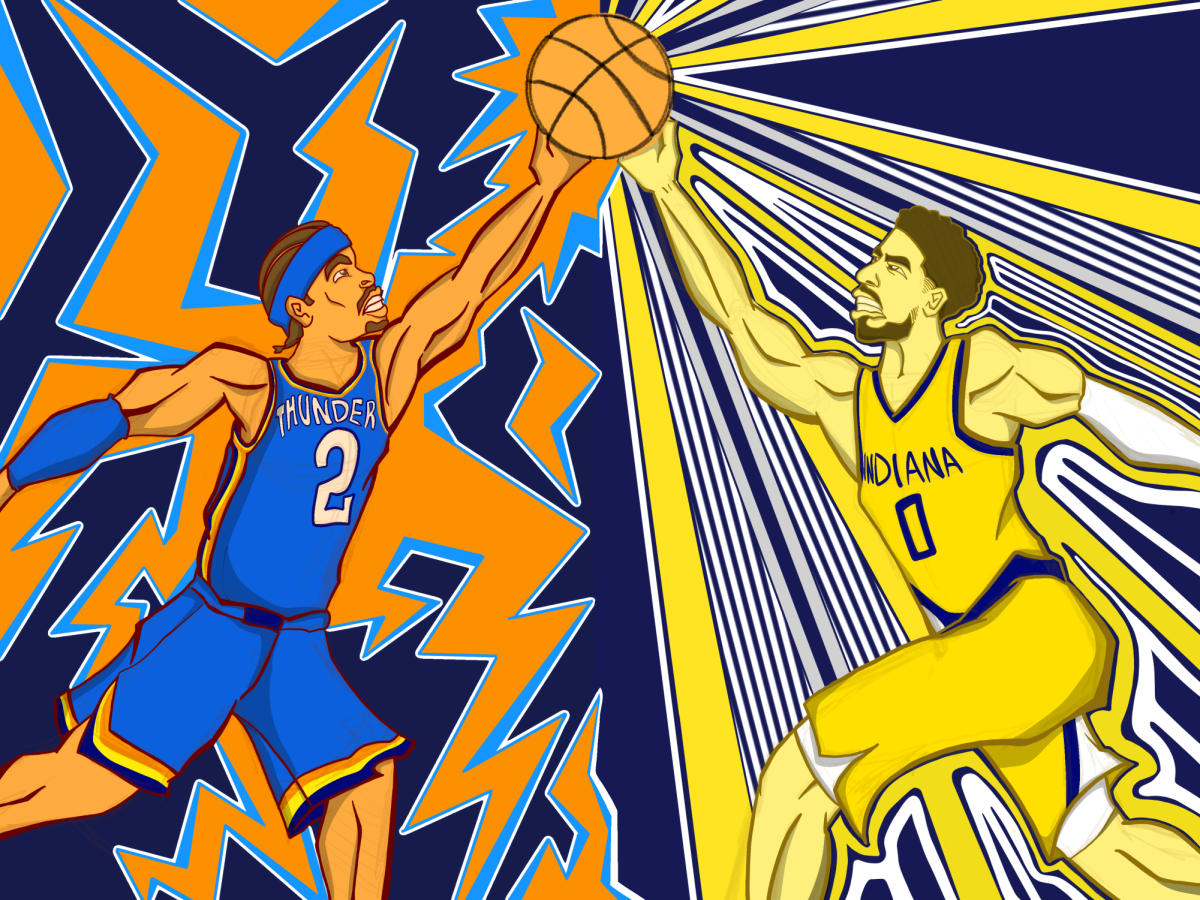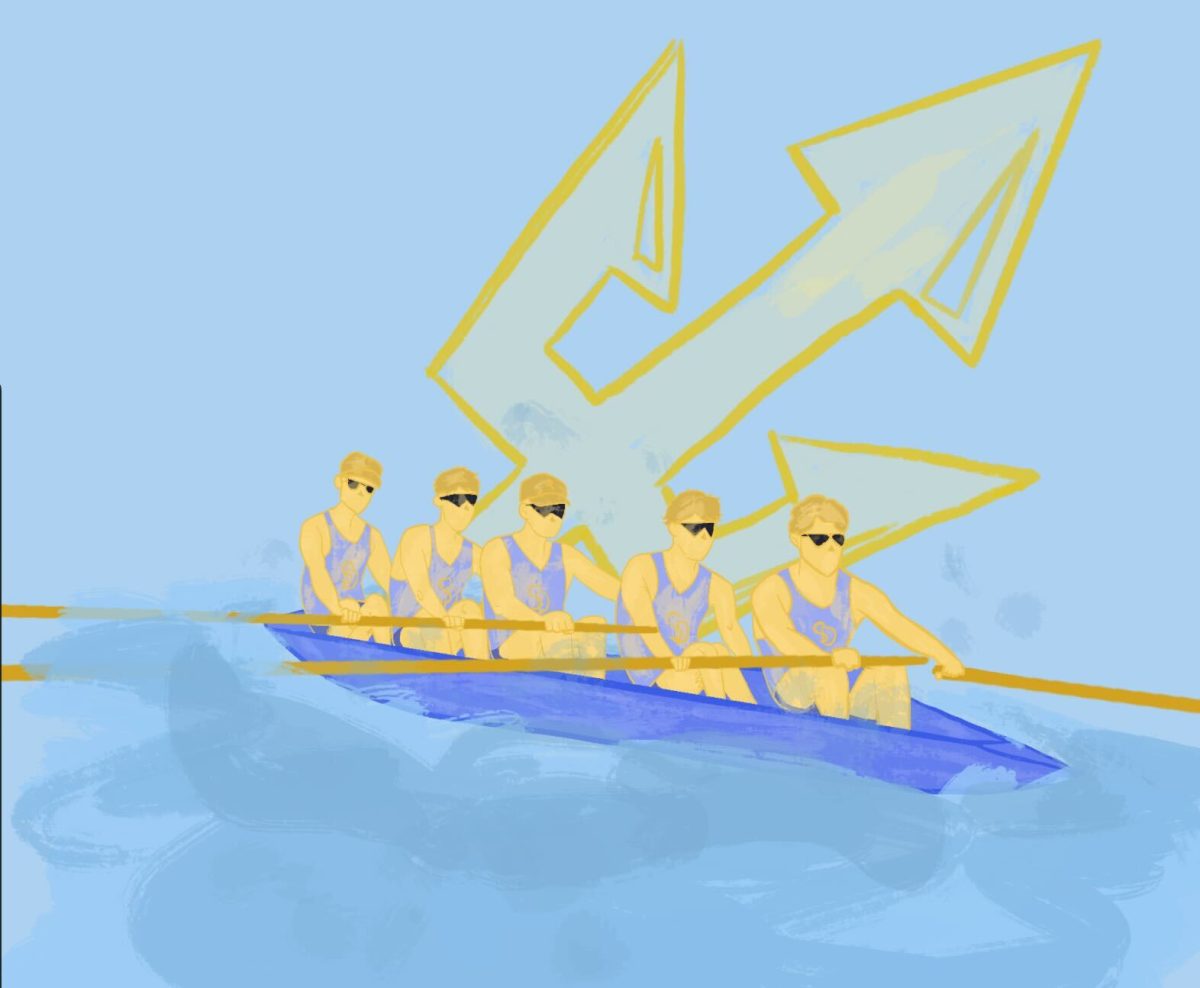From June to September, the sports calendar often seems to join us on vacation. Once the summer solstice passes, the sports media cycle is typically resigned to meaningless August baseball, Dallas Cowboys training camp coverage, and Joey Chestnut’s annual week of relevance. In 2023, however, the sports world came to life, and luckily for you, dear reader, The UCSD Guardian has you covered with an extensive recap. With a special mention to the Las Vegas Aces and Atlanta Braves’ record-breaking seasons, Aaron Rodgers’ left Achilles tendon, Deion Sanders’ Colorado, and Taylor Swift and Travis Kelce’s relationship, here are the definitive sports stories of the summer.
- World Cup Controversy
Despite concerns that an expanded field would lead to lopsided results, the 2023 FIFA Women’s World Cup was arguably the most competitive edition of the tournament to date. Colombia, Jamaica, Nigeria, and Morocco each embarked on Cinderella runs out of the group stage — disrupting the European dominance most fans have grown accustomed to. Australia, co-hosting the tournament with New Zealand, reached the semifinals, an effort that broke attendance records and enthralled the nation. Most surprisingly, the back-to-back defending champion United States crashed out to Sweden in the round of 16, their worst-ever finish at a World Cup. The usually dominant USWNT was unimaginative and listless in attack; despite standout defensive play, the team scored only one goal in their final three matches.
Spain emerged victorious down under, with Olga Carmona’s left-footed strike securing a masterful 1-0 win over England in the final. The team’s success was driven by Aitana Bonmatí, who won the Golden Ball award (player of the tournament) with a string of perfect midfield performances. Yet, the Spaniards’ excellency on the pitch was overshadowed by the incident that ensued. After already mishandling a team protest just months earlier, Royal Spanish Football Federation president Luis Rubiales forcibly and nonconsensually kissed midfielder Jenni Hermoso on the medal stand. This appalling act — now being tried in court for sexual assault — sparked a media frenzy that included Rubiales refusing to resign, a teamwide boycott of any further matches, and Rubiales’s mother locking herself in a church on hunger strike. Though Rubiales has since quit, his actions darkened a World Cup that should have been remembered for the brilliant performance by the Spanish players.
- NCAA Mayhem
The domestic sports story of the summer was the implosion of the Pac-12, the formerly predominant collegiate athletics conference on the West Coast. Next year, University of Southern California, UCLA, University of Oregon, and the University of Washington are headed to the Big Ten; the University of Arizona, Arizona State University, University of Colorado, and the University of Utah will move to the Big-12, while Stanford University and UC Berkeley join the Atlantic Coast Conference (yes, Atlantic Coast). Washington State University and Oregon State University remain stranded in the depleted Pac-Two, which may try to salvage some prestige by merging with the Mountain West Conference. Whether this happens or not, the “Power 5” conferences of college sports are suddenly the “Power 4,” with forecasts of an eventual reduction to two.
These shocking developments are driven by college football, by far the largest revenue source for most athletic departments. Improved TV contracts create more money, which means better players and coaches, which enhances national prominence, and so on, in a greed-induced feedback loop. Historic rivalries have been tossed aside, so USC–University of Michigan, University of Texas–University of Alabama, and Southern Methodist University–North Carolina State University can be yearly matchups. Student-athletes of all sports now face cross-country travel consistent with professional sports — potentially harming their mental health. The monetization of so-called amateur athletics is far from over, but the summer of 2023 represented a critical shift in the NCAA landscape.
- Coco as Conqueror
Since her Wimbledon victory over Venus Williams at 15 years old, Coco Gauff has been anointed as the next great American victor. Four years later, Gauff has now seized her throne, winning this summer’s U.S. Open for her first Grand Slam title. In the final, Gauff overcame world number one Aryna Sabalenka with a superlative display of athleticism; after dropping the first set 2-6, Gauff flipped the match, ultimately taking the final two sets 6-3, 6-2.
While Gauff’s defensive scrambling and thrilling backhand were certainly impressive, her mental resilience was her key to victory. After a crushing loss in June’s French Open final and a first-round exit at Wimbledon in July, Gauff added Brad Gilbert (known for his doctrine of “winning ugly”) to her coaching staff. Since then, Gauff has been even more spectacular; her August included 18 wins in 19 matches and three tournament victories, culminating in the U.S. Open title. Young athletes in every sport are told they are future G.O.A.T.s, yet only a select few are capable of living up to the hype. Coco Gauff has joined this exclusive echelon, and at only nineteen years old, she has the potential to reign over tennis for the next decade.
- Miami’s Messi Mania
Finally, an unexpected rivalry has emerged in the sports world: Major League Soccer (MLS) versus the Saudi Pro League. Since the wooing of Cristiano Ronaldo to the Saudi league in December, several other teams (fueled by the oil money of the state’s Public Investment Fund) have attracted big-name players, including Neymar, Karim Benzema, and Sadio Mané. Yet, Lionel Messi, arguably the sport’s greatest ever player, opted to forgo a reported billion-dollar contract to instead sign with MLS’s Inter Miami. Not only has Messi’s transfer sparked a boom in ticket prices, merchandise sales, and TV ratings, but it has hoisted the MLS to an unprecedented relevance.
Off the pitch, the Saudi Pro League’s rise has heightened concerns of “sportswashing” — the weaponization of sports for political and reputational gain. Prominent players and coaches in the Saudi Pro League have been heavily criticized amidst the country’s appalling human rights record; Messi, himself a tourism ambassador for Saudi Arabia, cited his family in his decision to move to MLS. While state-sponsored soccer clubs are fairly common (for example Saudi ownership of Newcastle United and Qatari-funded P.S.G.), the politically motivated promotion of an entire league is unprecedented in the soccer world. The burgeoning rivalry between the MLS and the Saudi Pro League will continue to develop, a rare crossroads between Messi, Ronaldo, and foreign policy.
Image courtesy of Diplomatic Security Services on Flickr



